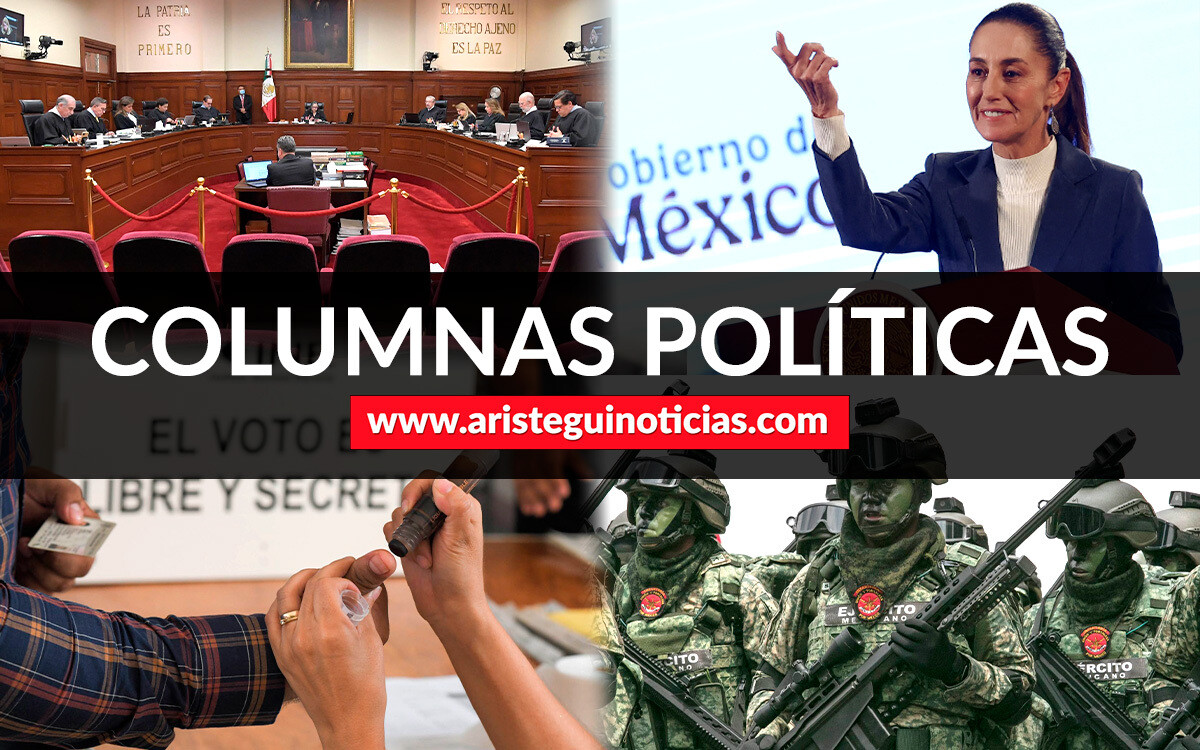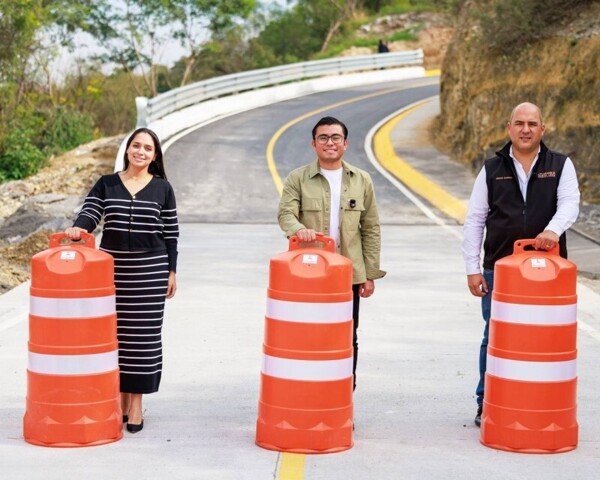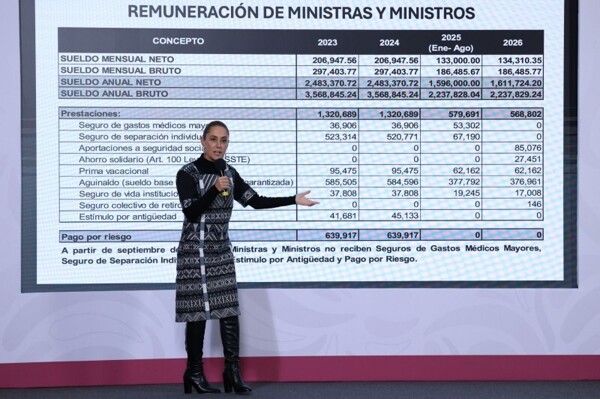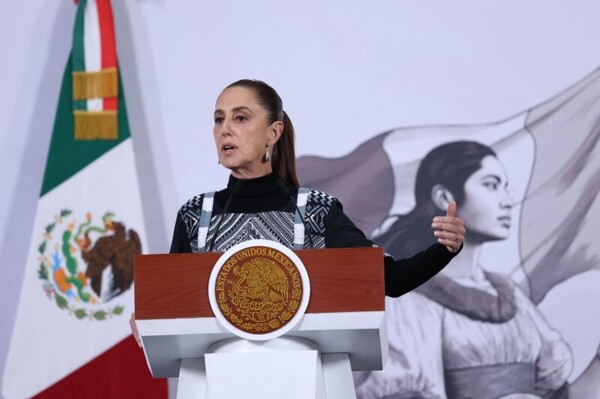
The government of Mexico has transferred 29 drug lords to the United States, which has generated controversy over whether they were extradited or simply "transferred". This action is framed in a context of international tensions and diplomatic courtesy between both countries, highlighting the recent visit of the Mexican security cabinet to Washington as part of the negotiations.
Amid this transfer of prisoners, it is suggested that the extradition of these individuals represents a strong message both to criminal gangs and to the U.S. administration, being interpreted as cooperation to combat organized crime. Although some of the drug lords had pending legal proceedings in Mexico, it was decided this time to send them to the United States, bypassing possible legal protections.
The fact that the U.S. Department of Justice has mentioned the possibility of applying the death penalty to some of the extradited has drawn attention. This measure is linked to an executive order by Donald Trump to reintroduce the death penalty in the North American country.
Among the reasons cited to expedite the transfer of these prisoners is intelligence information that indicated an imminent risk of the release of several of them in Mexico. The bilateral meeting between Mexico and the United States, in which the figures of Omar García Harfuch, Ricardo Trevilla, Raymundo Morales, and Juan Ramón de la Fuente stood out, addressed issues of security, drug and arms trafficking, as well as the exchange of intelligence information and collaboration in investigations.














